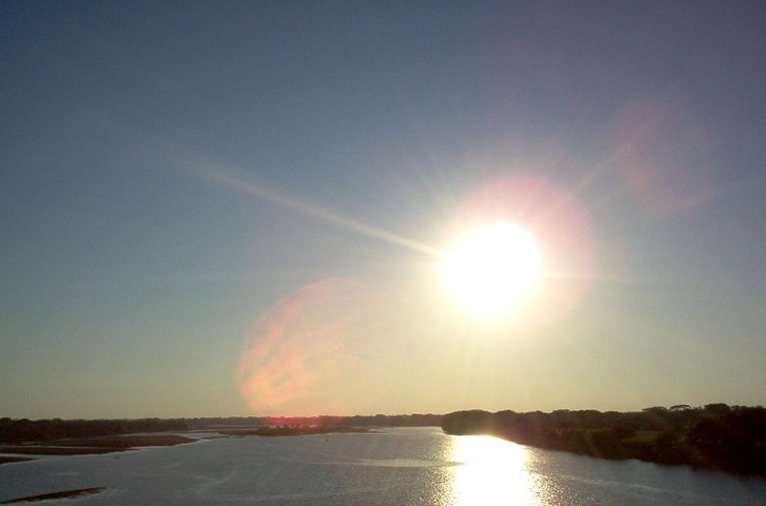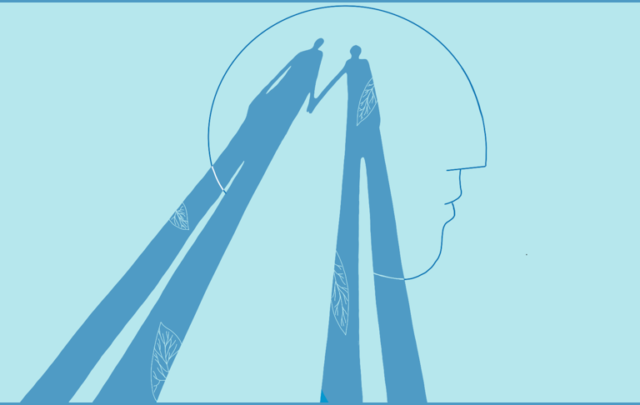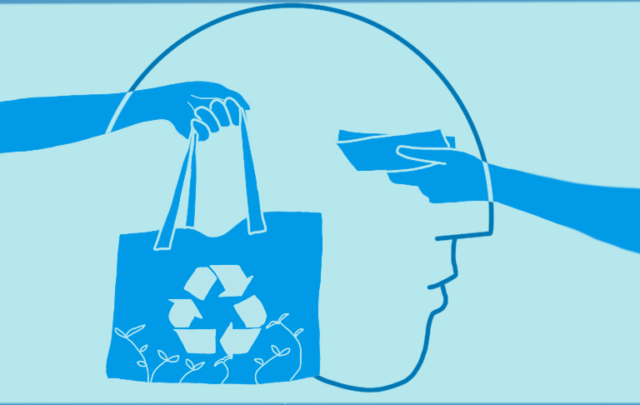Dr. Robin Broad, Professor of International Development, established and heads SIS’s International Development Program’s unique curricular offerings on rethinking globalization and development and on environment and development with a focus on social, environmental, and economic accountability. She came to AU with a wide range of professional experiences – from international economist in the US Treasury Department and US Congress to work with civil-society organizations in the Philippines and El Salvador.
Latest book: The Water Defenders: How Ordinary People Saved a Country From Corporate Greed. (Beacon Press, March 2021) The David and Goliath story of ordinary people in El Salvador who rallied together with international allies to prevent a global mining corporation from poisoning the country’s main water source.




